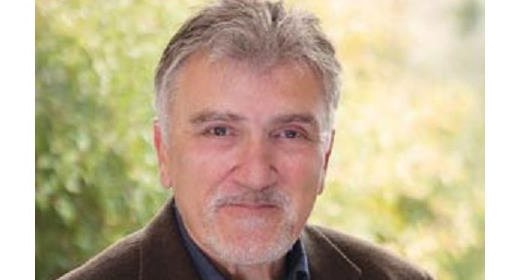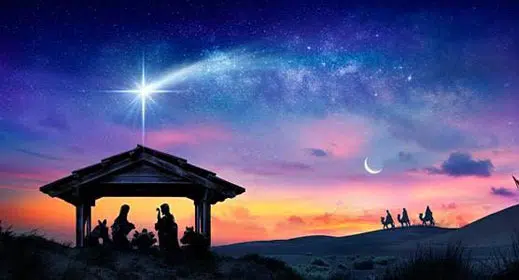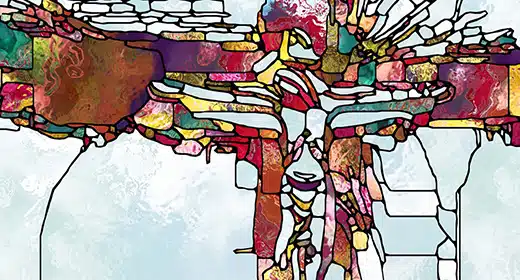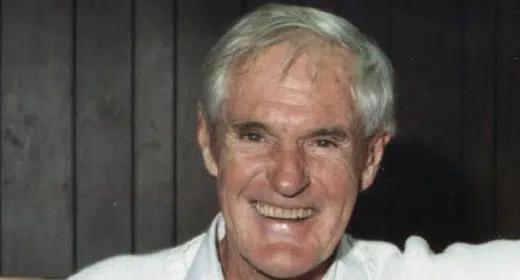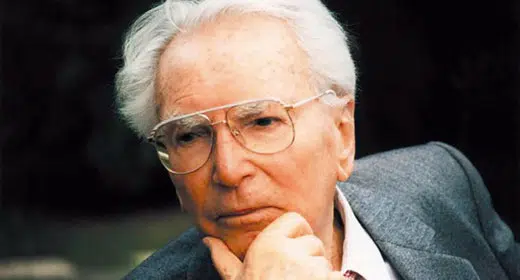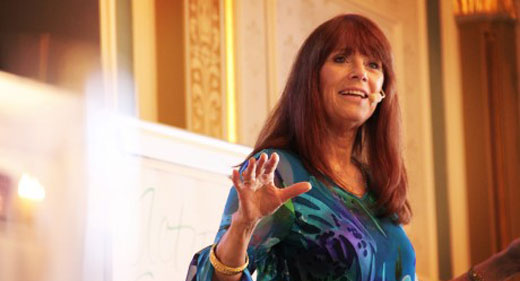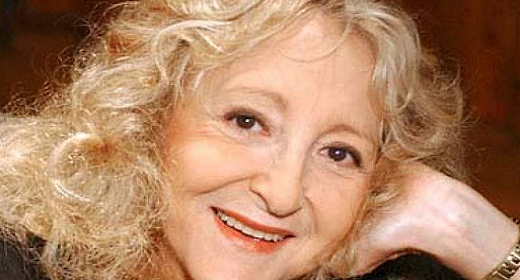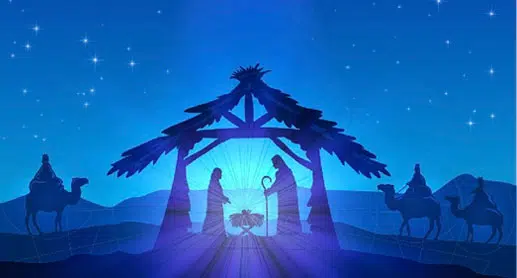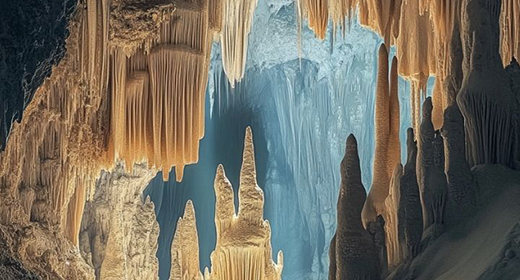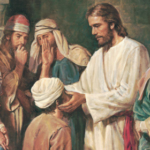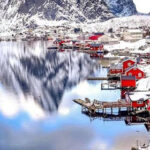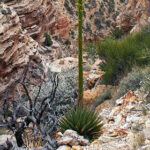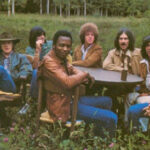by David Ian Miller: Tantra has intrigued Westerners since the 1960s,..
when patchouli-perfumed shops sold little bottles of body oils and “Joy of Sex”-style manuals jazzed up with a bit of Eastern flair, products that were marketed as spiritual aids that would catapult users into heretofore unknown realms of sexual ecstasy.
And yes, according to Tantric practitioner Margot Anand, satisfying sex is indeed one of Tantra’s sacraments, but not as an end in itself. Tantra teaches that giving and receiving pleasure helps people get past fear, ignorance, desire and false beliefs while bringing them into harmony with the divine.
Anand, author of many books, including the best-selling “The Art of Sexual Ecstasy,” spoke with me last week at her home in Larkspur.
The first time I made love. I was 18, and I had a satori (enlightenment) experience in which I went beyond my body to a place of light and complete bliss — a place that was one with the divine.
From then on, my passion was, “How can I recreate the conditions that allow this blissful state to happen?” Since it happened during lovemaking, I understood that was going to be a doorway for me to reach my spiritual fulfillment as a woman.
Did you know what Tantra was at the time?
No, I had no idea. I was studying at the Sorbonne in Paris, doing my philosophy and psychology degrees. It was the time of Jean-Paul Sartre, Simone de Beauvoir and existentialism, which promotes the idea that there is nothing after death.
So you finished your degrees and went around the world to study with many different masters and teachers. What were you hoping to learn?
I wanted to understand what happens when the body has an orgasm, and to be able to move from the orgasm of the body to the orgasm of the spirit. I was looking for a channel that would connect both these things together.
And you found that the Tantra tradition spoke to you?
What was written about Tantra corresponded exactly to what I had been experiencing. But many teachers kept it above the waist. You did rituals, you gazed at mandalas, you sang mantras, you meditated. But when it came down to integrating that with anything that had to do with sexuality, no one was on board. There was no teaching, no guidance.
It was only after I went to India and I started working with Osho Rajneesh, in the 1970s, that I learned more about how these practices work.
What did he teach you?
He put me in charge of the first Tantra groups that met at his ashram, and so I got this laboratory where I could actually practice what I was developing. That was a blessing because I got to talk to him [about Tantra], teach others and practice with my beloved — Bhagwan [Osho Rajneesh] gave me [these] practices, you know.
Can you give me a definition of Tantra?
Well, there are many of them. I’ll give you a simple one: When you choose with awareness what brings you joy, you open the door to your spirit. That means you do something with the awareness of your motivation, of your outcome, which is what the Buddhists teach.
And what does that have to do with sex?
Tantra, like Buddhism or other traditions, is a spiritual path to awakening. The only difference is that Tantra clearly integrates sexuality as a means toward that awakening.
In your books, you describe it as an approach to sex where — rather than getting carried away by the sensations — you are trying to transcend the bonds of the body to become one with your partner and, I suppose, with the universe. It seems like a difficult process to master.
Tantra is probably one of the most difficult paths because the moment you enter into sexuality, it’s like a minefield. All of your old habits, your projections, have to be transformed.
In order to navigate the field of lovemaking, which means transporting the energy of orgasmic pleasure to a place of deeper awareness, you have to practice. You have to be conscious of what you do.
You can’t just hop in the sack and hope for the best. I mean, that happens in the first six months or two years of your love life when endorphins are naturally being produced and everybody is in ecstasy. After that is when Tantra is really beneficial. That’s when you have to learn that two lovers are like instruments before a concert. You have to tune those instruments. Otherwise, you just have noise.
How do you do that?
Lovers have to learn how to tune in with each other on the physical level, their body rhythms, movement and postures. They learn to tune into the way they breathe and to communicate in a nonblaming way to transform whatever is happening — to heal any old wounds — and come to a place of heartfelt connection.
The idea of sexuality as a spiritual path goes against the notion in some traditions that the body is anathema to spiritual enlightenment. How do you explain that point of view?
We come from a Judeo-Christian tradition that has separated flesh from spirit. And we are taught that the flesh is the abode of evil instincts that will take us to nowhere but bad results.
So, on the one hand, there’s this religious backlash against sex. Then again, sex is everywhere in our culture. Where’s the middle ground?
The sex that’s happening in terms of permissiveness is really sex of the mind. It’s people fantasizing, people running after this orgasm — this pleasure — and it’s basically orchestrated by the rush of the hormones.
You are talking to someone who has probably made love more than any one woman you have ever met. And I love making love — it’s a wonderful thing! But it’s turned into an addiction if it’s not channeled properly. Sex is like peanuts. The more you have, the more you want [laughs].
The healthier way of viewing sex is to pray to the divine nature of our partner, the divine nature of our own being, while we make love. When you do this with respect, we dedicate lovemaking to the enlightenment of all beings, and we have a better chance of getting into higher states of consciousness together.
What, in your view, is the nature of sexual energy?
Sexuality is the most creative force in the universe, and if it didn’t exist there wouldn’t be birds or trees or human beings. There wouldn’t be anything.
Sex takes you to the root of your creativity, and that creativity doesn’t necessarily have to be making babies. It can also be giving birth to a book or a symphony. It can make you feel utterly inspired and transcended when you are in a love state or when you just had an orgasm.
I can tell you that I used to have my little tape recorder under my pillow. And when I was at the height of my time of Tantric practice, at the very end I would often say to my beloved, “Sorry!” Then I would turn to my tape recorder and download my best chapters.
What do you think God is?
I would say that the divine is the oneness of the creative energy of all things. This creative energy is experienced by each person in a different way and in different forms. If you study the Buddhist tradition and you go to Bhutan you see it take one manifestation, and if you go to the Christian cathedrals you see it manifested in another way.
In the Tantric tradition, it is linked with the human interaction between Shiva and Shakti — the world was created through the playful union of a god and goddess, which is a concept I find attractive.
You grew up in France. Were you raised with any particular religious orientation?
My mother was Protestant, and my father was Russian Orthodox. My parents eventually converted to the Orthodox religion, and I was raised that way.
I had my first mystical experience when I was 16 in a Catholic church in Munich — I had a very deep mystical experience sitting and praying there. And so from that moment on I felt very connected to a Christ consciousness and presence.
I like the Orthodox approach. I like to take communion in a way where you go in front of the bishop, and he has a beautiful sculptured glass chalice filled with wine and another chalice filled with pieces of bread, and he dips the piece of bread in the wine, and this is the body of the Christ, and this is the blood of the Christ, and he puts that in your mouth.
You don’t still do communion, do you?
Well, with my mother I do that. I go to church and I pray! I mean, every temple is a temple of God! You can be in your bedroom or you can be in a real church. You can be in the Angkor Wat temples in Cambodia, or you can be in the temples of Bali. Every temple is worth its salt, including the divine human temple — you know?
What do you think the purpose of existence is? Why do you think we’re here?
The only answer I have is that each of us as a human being has a potential to realize. I really, truly believe that is the purpose of our journey. That full potential is the union between sky and earth, between samsara and nirvana or the divine and the human.

